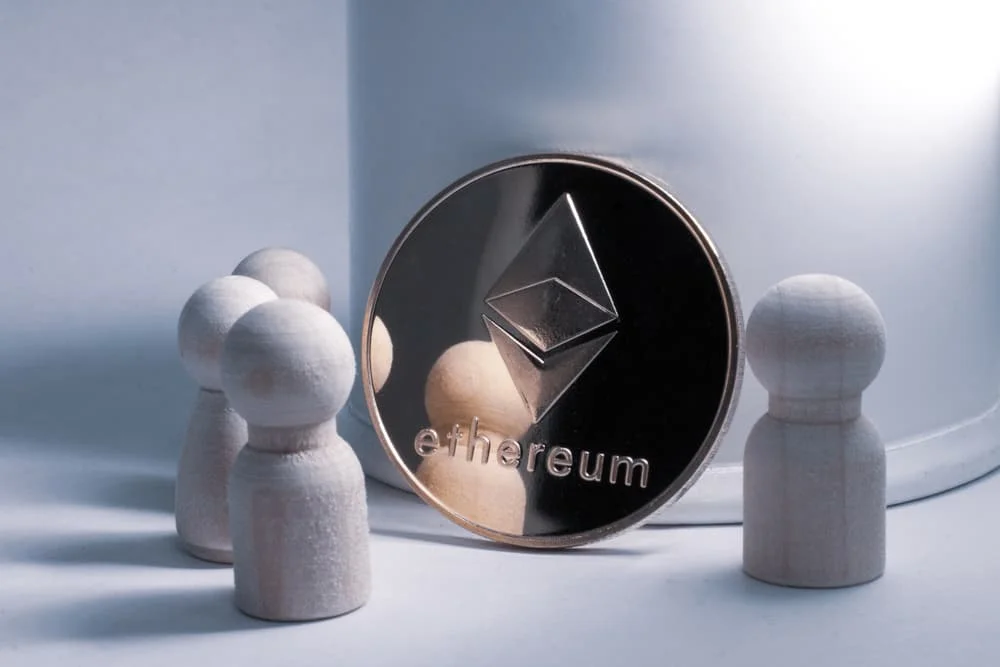How Ethereum Aims to Simplify Its Blockchain for Users
28.10.2024 9:30 1 min. read Kosta Gushterov
Ethereum is grappling with the challenge of increasing data size, which complicates its code and storage requirements for users.
Vitalik Buterin highlights that while it’s often easier to add features than to remove them, developers must address these growing complexities to maintain the blockchain’s integrity. To tackle this, he has proposed The Purge, a comprehensive plan aimed at simplifying Ethereum and reducing its data load.
One key aspect involves allowing nodes to store only essential historical data, rather than requiring every node to maintain the entire history. This can be achieved by enabling a single source to provide necessary information through a Merkle proof, similar to the way torrent networks function.
Additionally, Ethereum has started implementing expiry dates for certain types of data, with the aim of further limiting historical storage to one year.
Moreover, as account balances and contract data continue to grow, Buterin suggests automating the expiry of state objects to alleviate storage demands. He proposes two strategies: one that retains only recently accessed data and another that maintains multiple state trees, allowing nodes to keep only the latest versions.
Finally, Buterin emphasizes the importance of simplifying the protocol to prevent an escalation of complexity over time. This could involve removing outdated features and refining gas mechanics, ensuring Ethereum remains efficient as it continues to evolve.
-
1
XRP Ledger Deploys EVM-Compatible Sidechain to Expand Multichain Utility
30.06.2025 21:00 2 min. read -
2
What the U.S. Blockchain Act Means for Crypto’s Future
29.06.2025 18:00 2 min. read -
3
Top 10 AI and Big Data Crypto Projects by Development Activity
01.07.2025 19:00 2 min. read -
4
Top 10 blockchains by transaction volume in June 2025
06.07.2025 16:00 2 min. read -
5
German State-Owned Development Bank Issues €100 Million Blockchain Bond
11.07.2025 7:00 2 min. read
Tether Ends Support for Five Blockchains in Infrastructure Shift
Tether, the leading issuer of stablecoins, is phasing out support for five older blockchains.
German State-Owned Development Bank Issues €100 Million Blockchain Bond
Germany’s state-owned development bank NRW.BANK has issued a €100 million ($116.7 million) blockchain-based bond, marking one of the largest public-sector entries into digital securities in Europe.
Top 10 blockchains by transaction volume in June 2025
New data highlights a dramatic lead for Solana in blockchain activity for June 2025. According to the figures, Solana processed a staggering 2.98 billion transactions, far outpacing all other chains in the ecosystem.
Top 10 AI and Big Data Crypto Projects by Development Activity
According to new insights from market intelligence platform Santiment, development activity in the crypto sector’s AI and Big Data segment remains strong, with several major projects showing notable GitHub activity over the past 30 days.
-
1
XRP Ledger Deploys EVM-Compatible Sidechain to Expand Multichain Utility
30.06.2025 21:00 2 min. read -
2
What the U.S. Blockchain Act Means for Crypto’s Future
29.06.2025 18:00 2 min. read -
3
Top 10 AI and Big Data Crypto Projects by Development Activity
01.07.2025 19:00 2 min. read -
4
Top 10 blockchains by transaction volume in June 2025
06.07.2025 16:00 2 min. read -
5
German State-Owned Development Bank Issues €100 Million Blockchain Bond
11.07.2025 7:00 2 min. read


